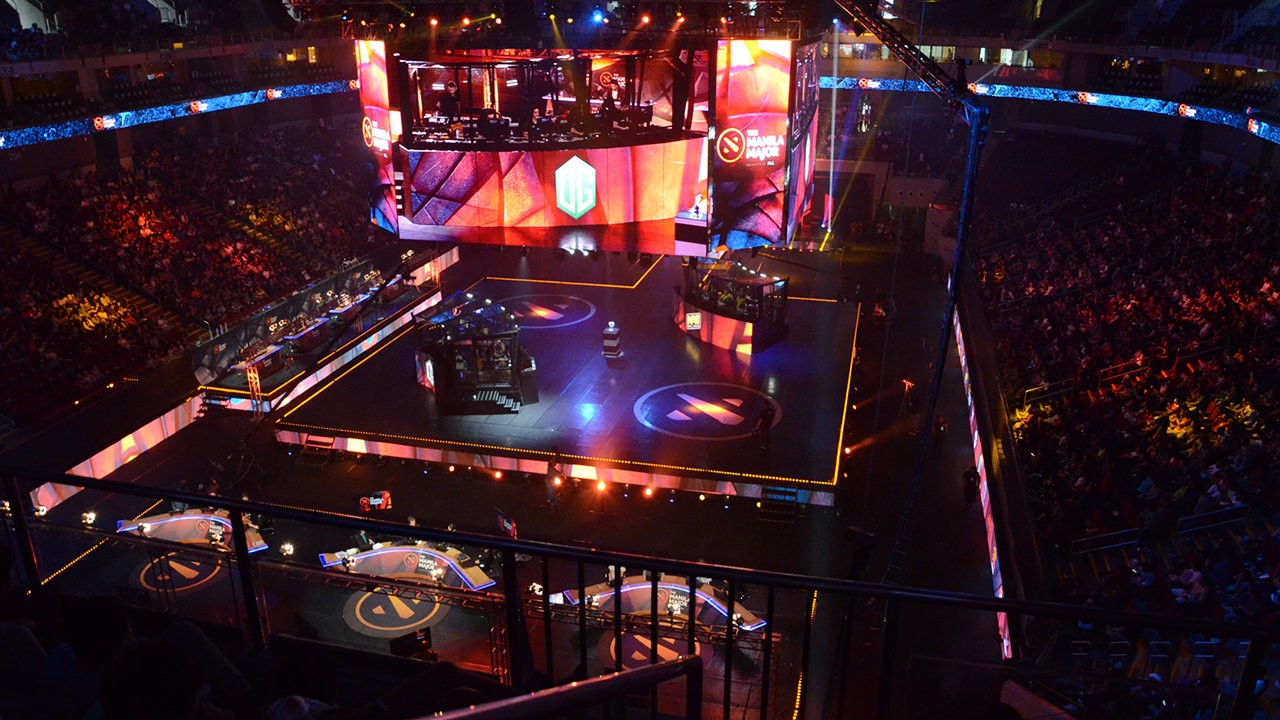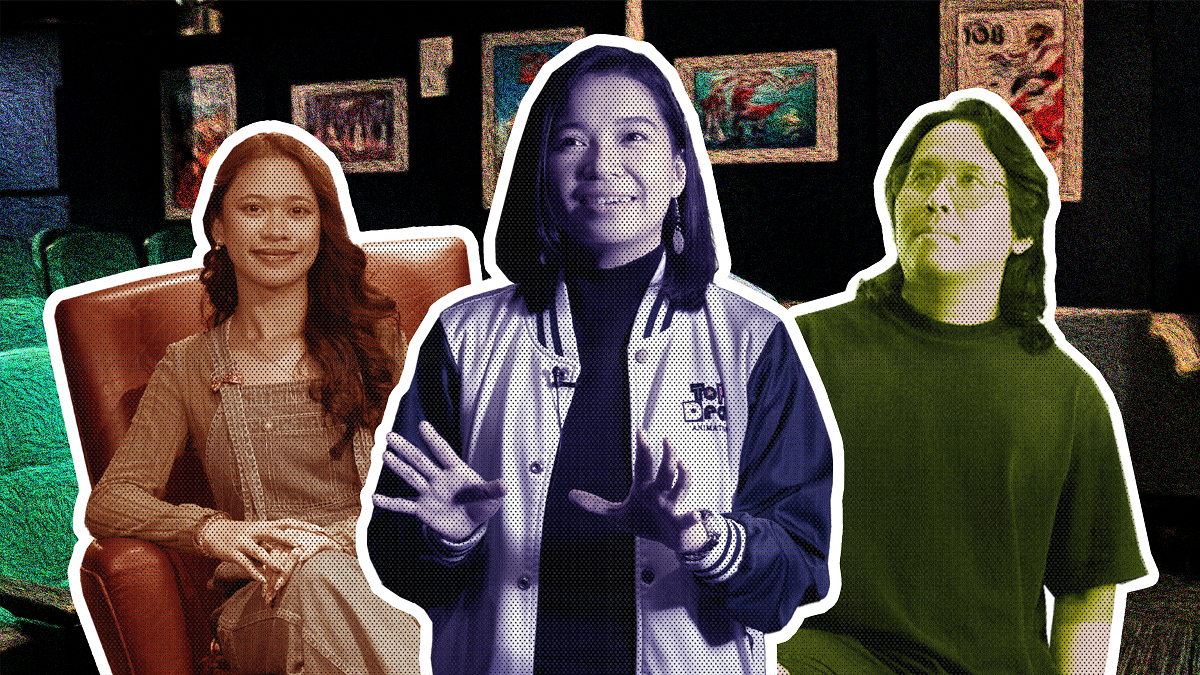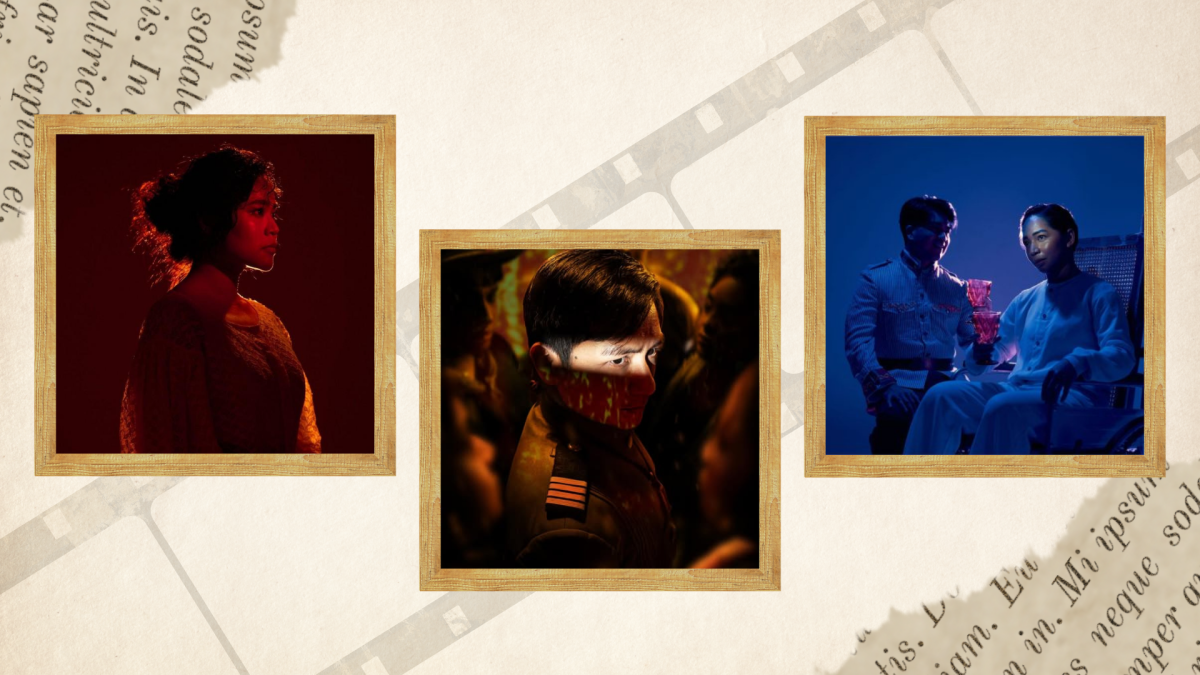
Filipino Esports can become what K-Pop is to South Korea. Here’s How.
Esports stakeholders and industry leaders on what kind of support is needed for greater development.
By Ivan Balagtas
August 11, 2021
Reportedly valued at over $1 billion by Forbes, the global Esports industry is a rising force in the entertainment market. The industry grew steadily over the years with one title after another being added to worldwide competitions and events. As personal technology became more readily available, gaming expanded from consoles and personal computers to mobiles. This heralded unprecedented opportunities in video game tournaments, content production, and live streaming.
These developments were some of the points of discussion in the Creative Futures talk last June 29. During the presentation, respected figures in the local Esports industry gathered to discuss the challenges and opportunities in this emerging industry.
Tryke Gutierrez, CEO of Tier One Entertainment, made a name by enterprising video game content creators. Tier One made a pool of content partners that allowed a massive roster of streamers catering to niche groups and subcultures. The company is largely credited in helping shift the public attitude towards gaming stars and the content production profession as a whole. Today, Tier One has a presence overseas in Myanmar, Malaysia, and Singapore.
Marlon Marcelo is known to many as the Dota 2 caster responsible for fan-favorite chat wheel Lakad Matatag, which became internationally popular with fans, players – even Gabe Newell, Valve Software’s CEO, using the phrase. Marcelo is the vice president for marketing at Mineski and the deputy executive director of the Philippine Esports Organization.
Ralph Aligada is a business development executive of an events management company and the head of Esports and Gaming for ESPN5. Through ESPN5, Esports is aired on free tv alongside traditional sports, furthering the sport’s legitimacy – an effort that is well-regarded by the Esports community for bringing it to the broader Philippine audience.
TV and events host Mara Aquino also joined the panel. Aquino is a familiar face in the Basketball courtside, having hosted FIBA 3x3 World Tour and fixtures in TV5 and ESPN5. She now finds herself hosting the Mobile Legends Professional League where, despite a different set of sporting challenges, its intensity is equally competitive.
Alvin Juban, chairman of the Game Development Association of the Philippines, witnessed the industry’s phases over the years from its infancy to its now-nascent stage with increasing public interest for more Filipinos in the video game development, streaming, and Esports industries.
A New Kind of Athlete
Esports is serious business. Like any sport, high-level competitive team video games demand nothing less than the best from athletes. Studies find that professional video games demand similar stress levels as motorsports, requiring the same rigorous performance as any other sport. Recreational gaming, on the other hand, is simply a casual way of experiencing video games. Since gaming covers a variety of audiences from children to the elderly, inclusion and distinction are important.
Gaming tournaments are held on large-capacity stadiums where other more traditional sporting events take place with a prize pool of millions of dollars.
Dota 2’s annual Esports world championship spurred a wave of high-value tournaments in 2011 with a $1.6 million prize pool – the first time such amounts of money was offered in Esports. Other tournaments followed suit, such as the League of Legends World Championship giving a seven-figure prize pool the following year.
According to Aquino, Mobile Legends is the Philippines’ current obsession, contesting the reigns of basketball – the most popular sport in the archipelago. The Filipino team Bren Esports beat all odds this year when they won the Mobile Legends M2 World Championships in Singapore.
In other games, Marcelo made a bold prediction that there will be a Filipino team championing a major competition in three to five years.
It is also worth noting that the sub-industries of content production, commentary, and game streaming are equally compelling as competitive gaming itself. A casual stroll on video streaming platforms and social media will find clips of video game playthroughs and Esport highlights – its success and scale catching Gutierrez and Aquino by surprise.
The Next Level Play
The viability of Esports is undeniable with more video games being added to the long list of tournament-level competitions, plus an equally growing content industry to pair with it.
For Gutierrez, it would be optimal if there was an exclusive economic zone for tech and gaming companies. This way, international investments are welcomed and their local counterparts will have a more frictionless way of supporting Filipino Esports and tech companies. This idea was backed by Juban, who has been at the helm of local game development for well over a decade, mentioning how an all-Filipino-made video game is yet to be made. But with very little investment, there is no sign when that opportunity will come to fruition. Both Gutierrez and Juban believe the lack of state-provided economic zones for Esports is a massive opportunity cost for the Philippines, drawing comparisons to neighboring Southeast Asian countries like Singapore and Malaysia with stronger Esports infrastructures. Singapore will be hosting the inaugural Global Esports Games later this year and the country has a strong track record of investing in Esport teams as any other athletes. Malaysia’s financial backing and infrastructural investments make the country a regional market leader in Esports. The EBN Esports City in Kuala Lumpur is Southeast Asia’s largest Esports facility that aims to cultivate talents and public interest in the sport.
There is, however, an opportunity in the academe to fulfill this infrastructural need. For example, a degree in Esports is currently offered through the Lyceum of the Philippines University, developed with the consultancy of Gutierrez. Other institutions in the Philippines offer game-related programmes, including digital game design in Ateneo de Manila University, game development and game art and design in De La Salle University, as well as interactive entertainment and multimedia computing in De La Salle-College of Saint Benilde.
Tangentially, Aligada points out the regulatory adjustments necessary to encourage people to take up video games as a profession. Specifically, the need for professional video game licenses hinder amateurs from taking on the initiative with taxes on prize money, for example, being an issue. These regulatory protocols could ensure the maximization of the successes of Filipino Esport athletes. Athletes can enjoy the fruits of their labor without dealing with bureaucratic friction and logistical frills.
Some of the leading talents in Esports are Alexandre “AK” Laverez, who won silver playing Tekken at the 2019 SEA Games. And CJ Ribo, one of the most decorated Mobile Legends athletes. Ribo is the only Filipino player who won titles for the M2 world competition, SEA Games gold, and two MPL championships. Along with other invite-only international tournaments.
If the Philippines plays its cards right, there might be a new sector that can put the country and its talent on the map. “Esports can be the next soft power in the Philippines the way K-Pop is to South Korea,” Gutierrez remarked. Academic, organizational, and industrial infrastructures are needed to set this path right for the country. To achieve this, governmental support is of utmost necessity.



